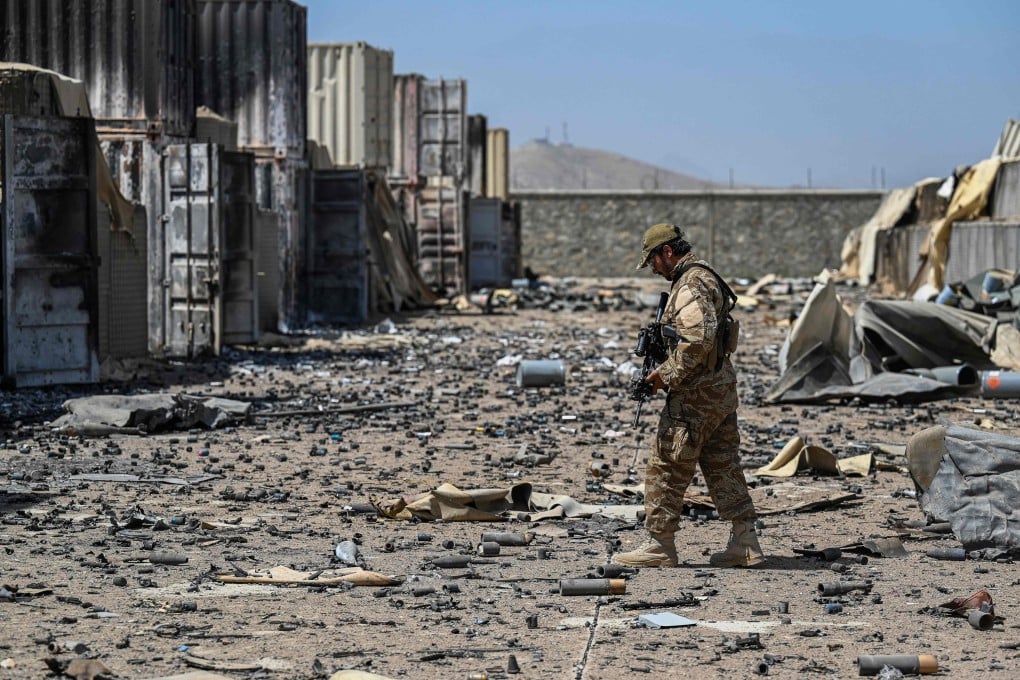Advertisement
Opinion | US humiliation in Afghanistan does not guarantee China superpower status
- China’s response to the US leaving Afghanistan will be of key interest to those forecasting the shape of international politics
- While pragmatism will protect China from hubris and overreach, its lack of soft power will curb its ability to dictate world events
Reading Time:3 minutes
Why you can trust SCMP
13

The Taliban’s return to power in Afghanistan, almost 20 years after the United States deposed them, appears to symbolise the end of America’s post-Cold War dreams of rebuilding the world in its image.
Advertisement
In reality, its international standing had already taken a massive hit amid other missteps of the “war on terror”, the invasion of Iraq, the 2008 global financial crisis, electing Donald Trump and so on. Despite this, US President Joe Biden began his term with the desire to reverse the trends of the previous two decades and “once more have America lead the world”.
However, the recent events in Afghanistan are likely to deal a powerful blow to the possibility of the United States acting on its international vision for now. This failure occurred despite huge material investments – the US has spent more on reconstructing Afghanistan than on the Marshall Plan.
This year could emerge as a symbolic bookend of the end of the US-led post-Cold War era and the “war on terror”. The more intriguing question, however, is what comes next.
The US exit from Afghanistan has raised questions about what it means for the state of international politics moving forward. Some have argued that Afghanistan’s reputation as the “graveyard of empires” will continue as the American empire cracks in the years to come.
Others doubt the lasting influence of Afghanistan on American power. Johns Hopkins University scholar Hal Brands notes that, after Vietnam, “US recovery didn’t happen automatically … it took a concerted effort to revive American power”.

Advertisement

